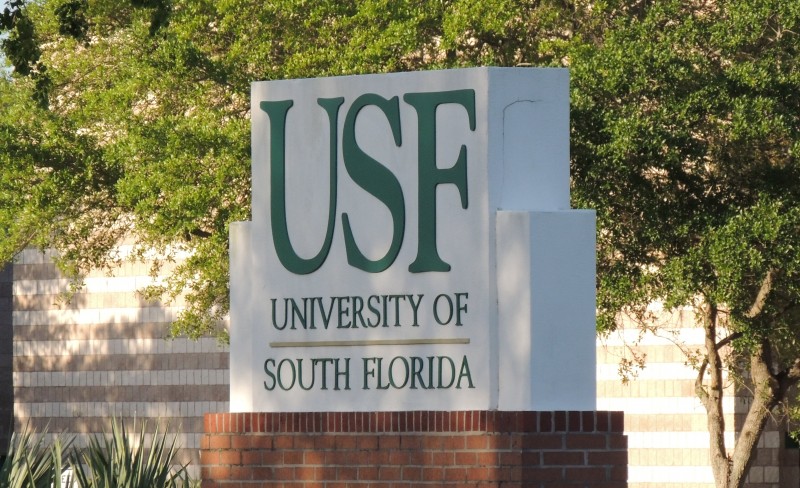
By Jim Saunders ©2023 The News Service of Florida
TALLAHASSEE — In the second similar lawsuit filed this month, three laid-off University of South Florida faculty members and faculty unions have challenged the constitutionality of a new state law that gives the final say to university presidents in employment disputes.
The challenge, filed Tuesday in federal court in Tallahassee, targets part of a law that ended arbitration in university-faculty employment disputes. The plaintiffs contend that the law violates contract and due process rights.
Attorneys for the plaintiffs wrote that, under the law, university presidents may “strip faculty of their jobs, tenure, pay and benefits with immediate effect, and without review by a neutral arbiter.”
“A university president is not a neutral arbiter: Rather, the arbitration ban causes university presidents to serve as both prosecutors, in that they are the people with ultimate authority to fire faculty members on behalf of the university, and judges, in that they are the final arbiters as to whether their own decisions are appropriate,” the lawsuit said. “That inherent conflict violates due process.”
The USF lawsuit was filed less than two weeks after a New College of Florida professor and faculty unions filed a similar challenge in Leon County Circuit court. That case stemmed from New College’s decision to deny tenure to Professor Hugo Viera-Vargas.
The lawsuits involve a broad higher-education law (SB 266) approved this spring by the Republican-controlled Legislature and Gov. Ron DeSantis. The law came amid a series of efforts by lawmakers and the DeSantis administration to revamp the higher-education system and curb public-employee unions.
In part, the law says issues such as faculty grievances “may not be appealed beyond the level of a university president or designee.”
The USF lawsuit said plaintiffs David Braasch, Tamara McLaughlin and Lisana Mohamed were laid off effective Aug. 4 and were denied a chance to go to arbitration. The United Faculty of Florida and the union’s USF chapter are also plaintiffs in the case filed against the state university system’s Board of Governors and the USF Board of Trustees.
The lawsuit said a collective-bargaining agreement, reached in 2021 and lasting until August 2024, gave employees the right to arbitrate grievances. It contends, in part, that the new law unconstitutionally impairs contractual rights.
“The arbitration ban does not serve a significant and legitimate public purpose,” the lawsuit said. “The only justification for the arbitration ban that the state has asserted is that it makes it easier for university presidents — who are selected by political appointees — to replace existing professors with others more in line with that president’s political views.”
In addition to seeking a ruling that the law is unconstitutional, the plaintiffs are asking for a preliminary injunction.
Leave a Reply










